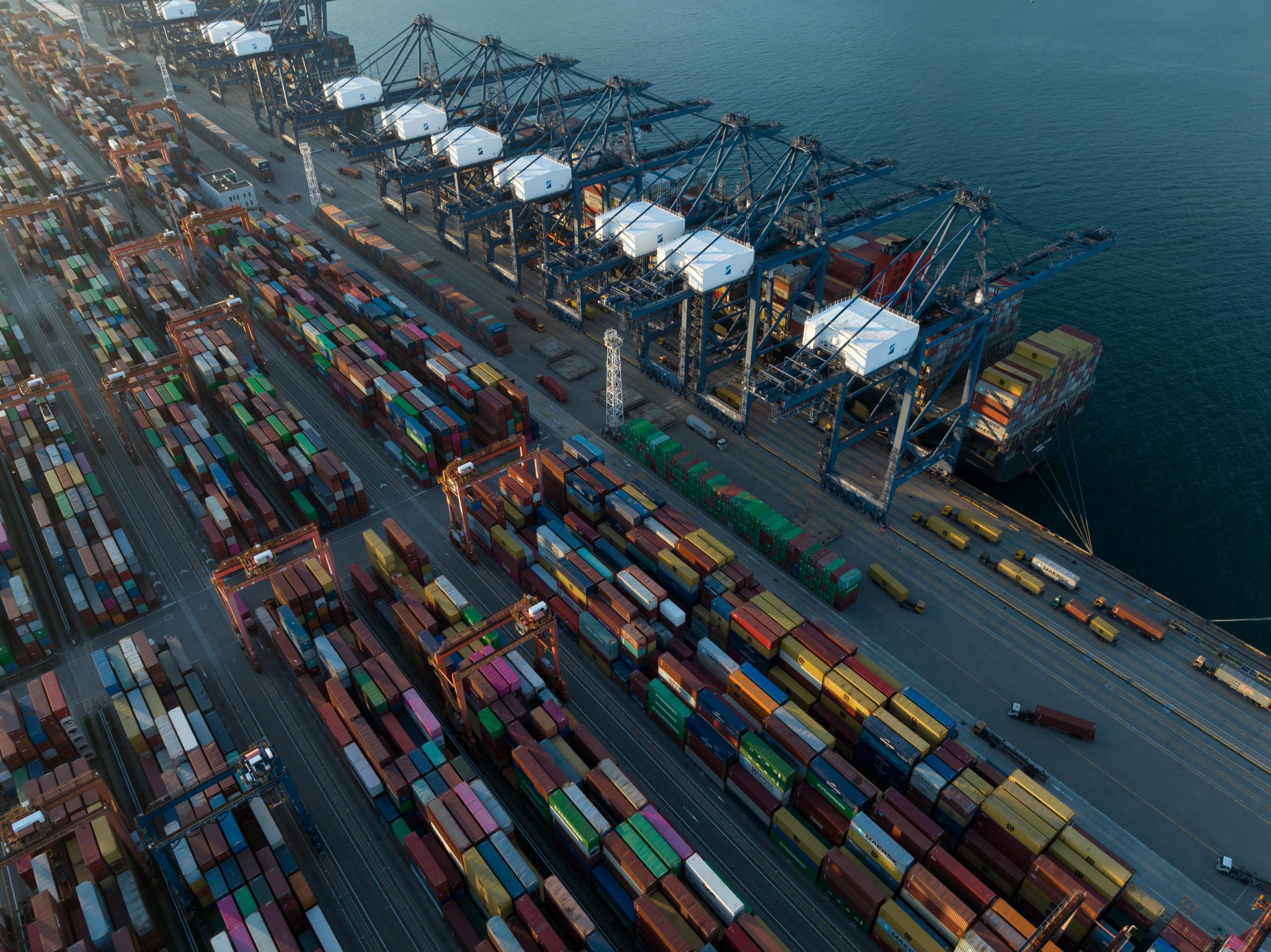In recent discussions surrounding global economic development, the emphasis on job creation has gained renewed attention. As highlighted by the World Bank, creating jobs remains one of the most effective strategies for alleviating poverty and fostering sustainable growth. This commentary explores the interconnectedness of job creation, infrastructure investment, governance, and private capital mobilization, offering insights into how these elements contribute to economic stability.
The Importance of Job Creation
Job creation is often viewed as the cornerstone of economic development. According to the World Bank, every project they undertake is designed to lead to job creation, underlining the belief that employment opportunities significantly impact poverty reduction. When individuals gain employment, they not only increase their own economic well-being but also contribute to the overall health of their communities.
Investing in Infrastructure and People
Investment in infrastructure is critical for creating jobs. Infrastructure projects can range from building roads and bridges to enhancing telecommunications systems. These projects not only require a workforce during construction but also lead to long-term job opportunities through improved access to markets and services. Additionally, investing in education and skills training empowers individuals, making them more competitive in the job market.
- Infrastructure Projects: Create immediate construction jobs and long-term employment opportunities.
- Skills Development: Enhances employability and productivity of the workforce.
Strengthening Governance and Mobilizing Private Capital
Effective governance is crucial for ensuring that job creation initiatives are sustainable. Transparent and efficient governance structures can facilitate better resource allocation and project execution. Furthermore, mobilizing private capital is essential for expanding job creation efforts. By leveraging private investments, governments can scale projects that create jobs, enhance infrastructure, and improve overall economic conditions.
As the World Bank emphasizes, a multifaceted approach that combines infrastructure investment, governance enhancement, and private capital mobilization can lead to significant improvements in job creation. These efforts not only address the immediate need for employment but also lay the groundwork for long-term economic resilience.
In conclusion, while the challenges of poverty and unemployment are complex, the role of job creation remains a fundamental focus for economic development efforts. As policymakers and organizations work towards these goals, the importance of strategic investments and effective governance cannot be overstated. The debate continues on how best to implement these strategies, but the path forward is clear: jobs are essential for a thriving economy.



